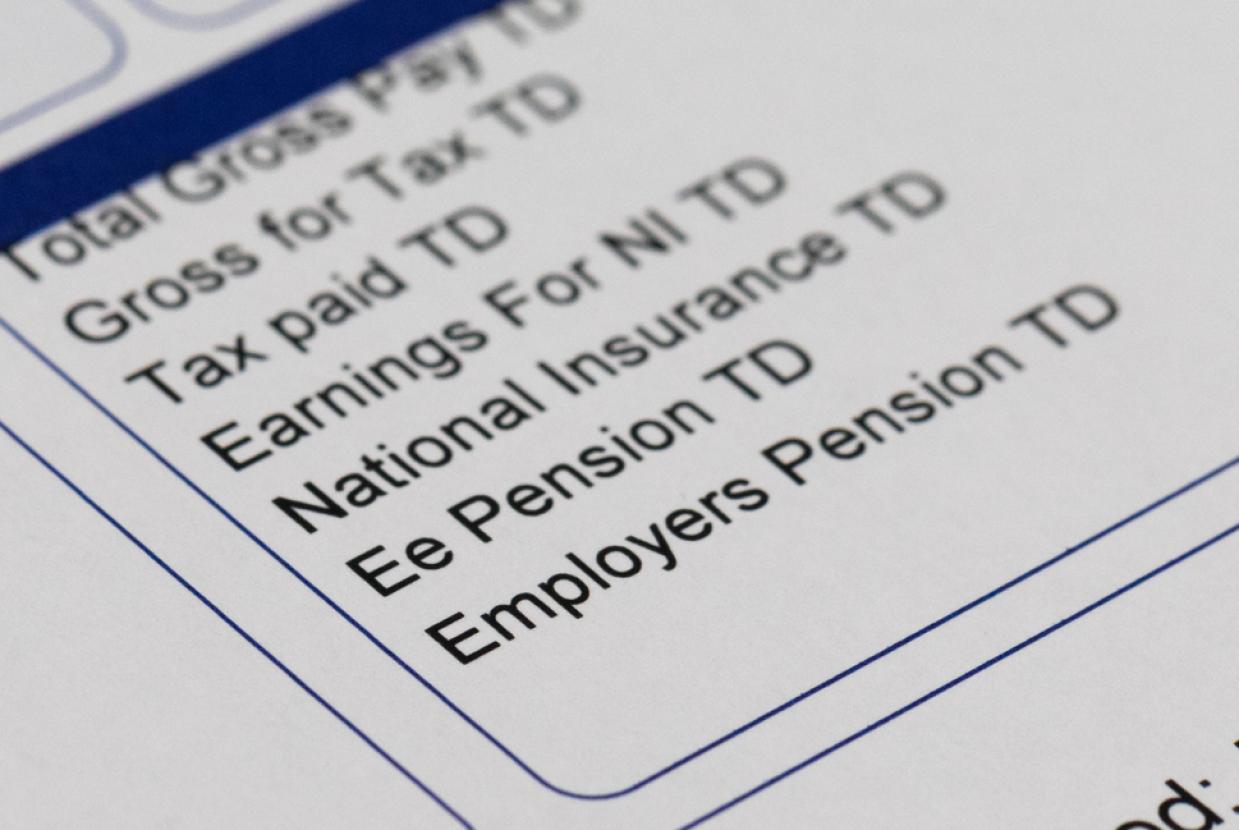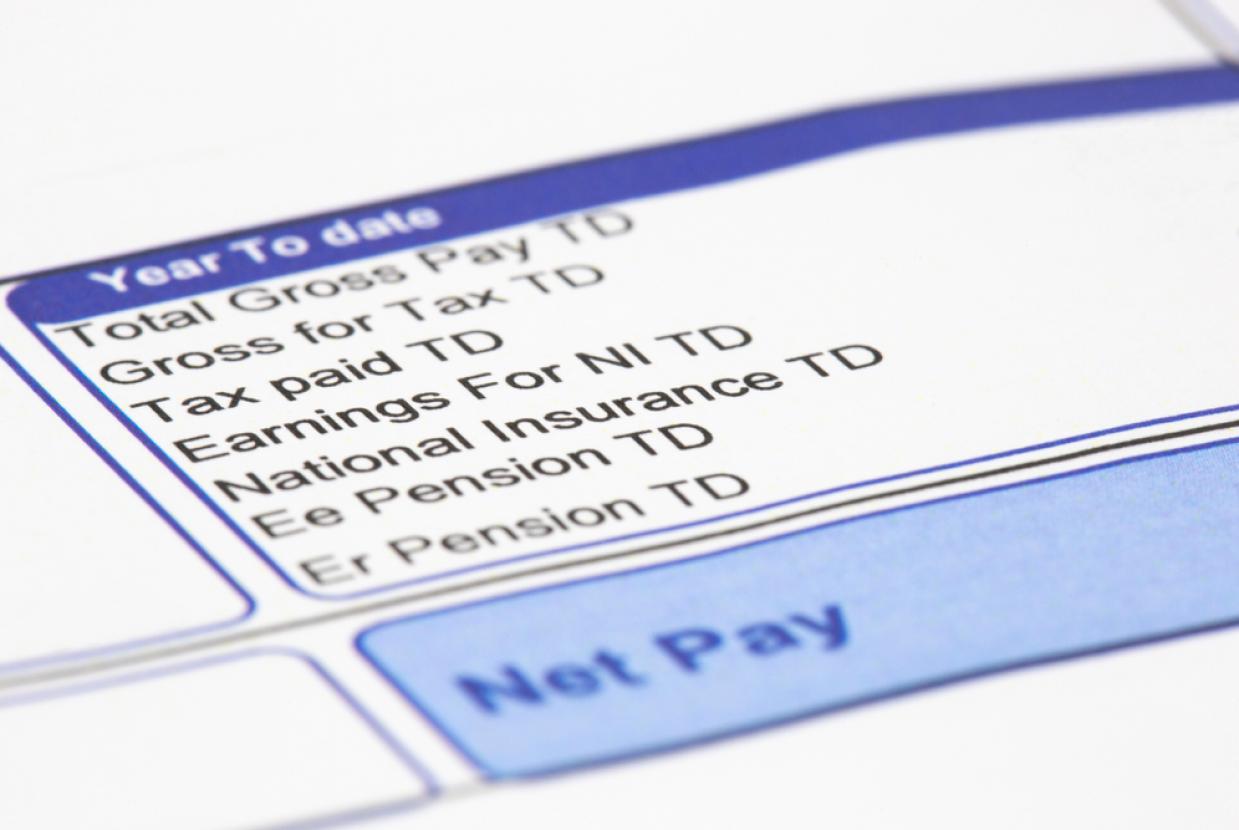Why It Pays To Review Your Mortgage Regularly
Financial HealthYour mortgage deal might have been competitive when you first got it. But regularly reviewing your mortgage and remortgaging when a better deal is available might save you a lot of money.
How often should you review your mortgage?
It's a good idea to keep a regular eye out for better mortgage deals.
New ones are coming on the market all the time and if you’re not locked in to a fixed or discount rate deal with an early repayment charge, it might be worth your while changing lenders (remortgaging) at any time.
At the very least, it's best to review your mortgage:
- when interest rates change – because this will affect how competitive your current deal is
- when your current mortgage deal comes to an end – as your rate might increase, and
- once a year if you’re not tied in to deal with early repayment penalties – to see how your current deal compares to new deals that have come onto the market.
If you do nothing when rates change or your mortgage deal ends, you might lose out to many better deals that are available in the market.
Set up a reminder to review your mortgage
Set up a reminder now to review your mortgage once a year – or before your current fixed deal ends. You might save yourself hundreds of pounds.
Set a diary reminder to start shopping around at least three months before your current fixed or discount deal reverts to the lender’s standard variable rate.
How much can you save by remortgaging?
Let’s say you have £175,000 still to repay on your mortgage with a remaining term of 20 years. You’re on a 5% deal repaying £1,115 a month.
This means more competitive deals may be available to you and, if you reviewed your mortgage today, you might be able to switch to a much cheaper deal of just 3%.
Use the links below to check your property value and see what you might save by remortgaging to a lower rate.
- Check whether your property might have risen in value on Zoopla
- Look for similar properties for sale in your postcode on Rightmove
- Use the Nationwide house price index calculator
Look out for remortgage costs
Although you can often reduce your payments by switching, bear in mind that there are a number of costs associated with remortgaging.
There might be high early repayment charges to pay if you are leaving before the initial locked-in period of your mortgage expires. There are unlikely to be charges if you’re on your lender’s standard variable rate.
Your new lender might charge you valuation and legal fees, although these are often waived if your remortgage is successfully completed. Always ask about these fees when comparing products.
There is likely to be an exit fee to pay when you leave your current lender. Factor this into your costs.
There is also usually a booking or arrangement fee to pay on the new deal – you can opt for a fee-free deal to avoid booking or arrangement fees, but you might end up paying a higher interest rate.
So be sure to weigh up the total cost of any remortgage against the savings you’ll make, before you actually take the plunge and remortgage.
Before you switch
Since April 2014, lenders have to look much more closely at whether you can afford a mortgage because of new regulations.
This means it might take longer than you’re used to and you’ll have to provide proof of your income and all your outgoings.
You could be asked for:
- your payslips and bank statements to prove your income, or
- your tax returns and business accounts completed by an accountant if you’re self-employed.
- Your outgoings will be set against your income to see how affordable your mortgage is.
They will look at your:
- household bills
- other debt repayments, and
- living costs such as travel, childcare and entertainment.
They’ll also check how you would cope with an increase in the interest rate or changes in your lifestyle such as losing one person’s income in the case of couples. This means you might find it hard to remortgage to a new lender.
So before you switch, check your remortgage costs and contact your current lender to see what deals they will offer you.
If you’re on an interest-only mortgage you will find lenders will look closely at your repayment plan to make sure it’s on track to pay back the original loan at the end of the mortgage.
If it isn’t, you might find it difficult to switch to a new interest-only mortgage. If you decide to switch to a new mortgage on your own you’ll have to research the market and choose a product without any help or advice.
Once you’ve made your choice, you’ll need to give the lender detailed instructions about:
- the value of your home
- the mortgage you want
- how much you’re borrowing, and
- how long you want the mortgage to last.
This is known as execution-only, so the lender will write to you confirming you haven’t had advice or an assessment of whether the new mortgage is suitable for you, which you’ll need to confirm.
Remember:
- Comparison websites won’t all give you the same results, so make sure you use more than one site before making a decision.
- It is also important to do some research into the type of product and features you need before making a purchase or changing supplier.




































